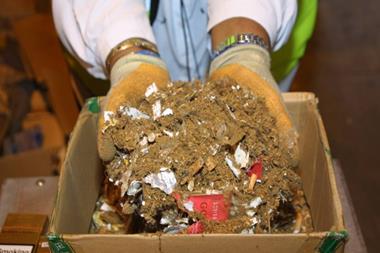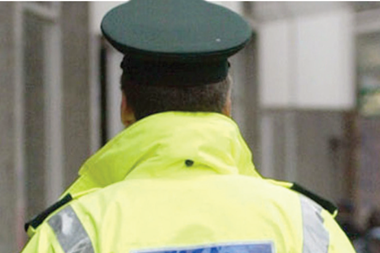Retailers tempted to stray from the legitimate supply chain this festive season have been issued with a sharp reminder of the consequences, following a string of raids in London which resulted in a number of stores losing their alcohol licence and being hit with huge fines.
Four stores in West Kensington have had their alcohol licence revoked following the intelligence-led blitz on the grounds of crime and disorder.
In one of the worst offending stores, more than £22,000-worth of alleged non-UK duty paid vodka, whisky and wine was seized, as well as 67.5kg of smuggled rolling tobacco and 8,200 cigarettes.
The store also failed a test purchase, allowing a 14-year-old boy to buy two cans of lager.
The store owner claimed that he had bought the products “in good faith”.
His excuses were batted away by the Federation of Wholesale Distributors (FWD), which said that ignorance was not a defence.
Director of communications Dave Visick said: “These examples show how vital it is that retailers think very carefully about where they source alcohol. The net is closing in on store owners who stock non-duty-paid products, and the penalties for being involved in this criminal activity can be disastrous to your business. Ignorance is not an excuse. FWD advises retailers to stick to their tried-and-trusted wholesalers and not take risks with too good to be true deals.”
Commenting on the raids Cllr Victoria Brocklebank-Fowler, chairman of the West Kensington Licensing Sub-Committee, said: “I am absolutely appalled that these four newsagents thought that they could get away with their actions. Alcohol has duty paid on it for many good reasons.
“The committee voted unanimously to revoke the alcohol licences as we have a duty to protect residents from crime and disorder caused by the actions or omissions of unscrupulous shop owners.”
In the eyes of the law any retailer who had the ‘means of knowledge’ to indicate that stock might be illicit, yet purchased it anyway, is guilty.
As such, checking whether the supplier has a permanent premises, a landline and a VAT number is crucial, as is looking at payment methods and receipts.
Source
Gaelle Walker



















No comments yet